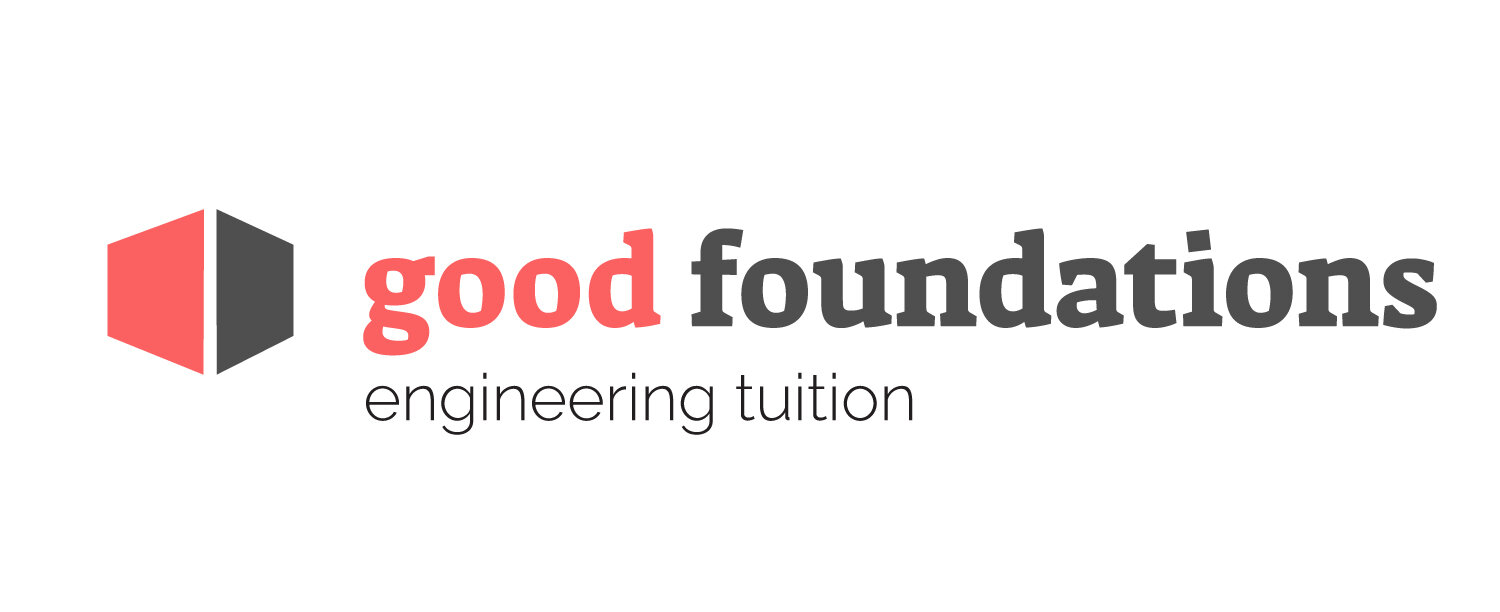Valuable resources for Civil Engineering Students
In your later years of study you will be performing project design tasks that simulate the work required of a practicing engineer. There are a number of resources available to help with these tasks that will also be useful in the years to come as a graduate engineer.
Institution memberships
Joining a professional institution as a student offers significant benefits for two key reasons. Firstly, membership grants access to a wealth of resources that are instrumental to academic studies. For example, the Institution of Structural Engineers (IstructE) offers an array of technical guidance notes. These notes provide clear instructions on various design tasks, such as designing steel and concrete elements according to Eurocodes. They also offer insights into areas that are not extensively covered in university curriculums, like best practices for engineering drawings and common construction methods, which can be particularly beneficial for design projects.
Secondly, holding a student membership in a professional institution is seen favorably by employers. It demonstrates a commitment to the engineering profession and indicates the beginning of a journey toward becoming a chartered engineer. Post-graduation, members can progress within the institution, moving from a graduate member to eventually aiming for full chartered status. For instance, the final step in achieving chartered status with the IstructE involves a comprehensive one-day technical examination.
Employers who value chartered engineers typically show a strong commitment to technical excellence and ethical engineering practices. These companies are also more inclined to support their young engineers in the pursuit of chartered status. This support is invaluable in advancing an engineer's career and professional development.
Structural Engineers Pocket Book
The Structural Engineers Pocket Book is a valuable resource for practicing engineers and engineering students. Useful chapters cover:
Design Data:
This section includes essential information like typical weights and loads. It's particularly useful for preliminary calculations and estimations in various structural engineering scenarios.
Shortcut Tools for Structural Analysis:
The book provides quick-reference tools and formulas for structural analysis, enabling engineers to make rapid and accurate assessments without delving into more complex and time-consuming methods.
Materials and Techniques:
Detailed chapters cover a range of materials such as Timber, Masonry, Reinforced Concrete, Structural Steel, Composite Steel and Concrete, and Structural Glass.
Each material section provides key properties, usage guidelines, and considerations for design and implementation in structural engineering projects.
Sustainability:
Recognizing the growing importance of sustainable practices in engineering, this section offers insights into eco-friendly materials and methods, and how to integrate sustainability into structural design.
The pocket book is a useful resource to have handy for quick concept design stage calculations. It is available free to read online for members of the IstructE, or can be purchased online for approximately £32.
Steelconstruction.info
Steel construction info identifies itself as the free enyclopedia of UK steel construction information. There is a large amount of useful free information on the site including design guides produced by the Steel Construction Institute. Some useful free guides include:
Design of Steel Portal Frame Buildings to Eurocode 3
Structural Robustness of Steel Framed Buildings
Steel Building Design - Concise Eurocodes
The Concise Eurocode document is particularly useful as it condenses and explains the lengthy and somewhat reader unfriendly Eurocode 3 into a more manageable document.
There is also a link to the interactive ‘blue book'‘ - a online resource that provides section property data is provided as well as tables of member resistances.
Simple design tools are also provided that can be used to quickly assess the capacity of steel members. These tools are particularly useful for verifying hand calculations.
You can access steelconstruction.info here.
The Concrete Centre
The Concrete Centre provides published guidance, seminars, courses, online resources and industry research which is valuable to practicing engineers and students alike. Some of this guidance is free - some useful free publications include:
How to design RC Flat Slabs using Finite Element Analysis
Structural Design of concrete and masonry: A compendium of technical papers
Multi-storey concrete car-parks
The Concrete Centre also runs a program of free webinars that cover themes such as sustainability, best practice in design and how-to guides.
A range of case studies are also highlighted that will be of interest to students who are passionate about concrete design. They can also be used to give students ideas on companies to add to a shortlist of possible employers (especially if concrete design and technical excellence are priorities).
Note by Will W
Learn more about good foundations tutoring - follow the link below.




